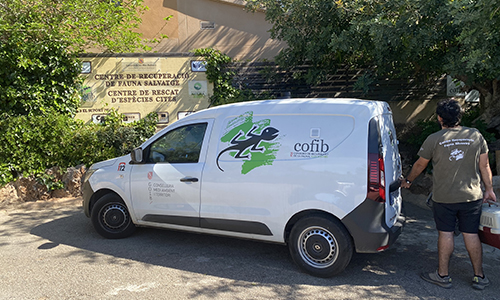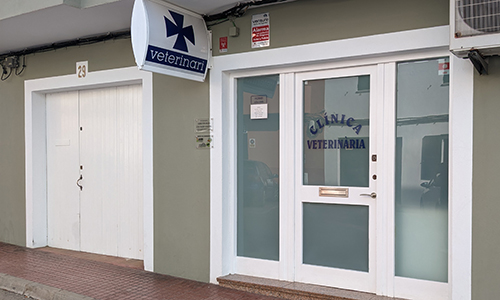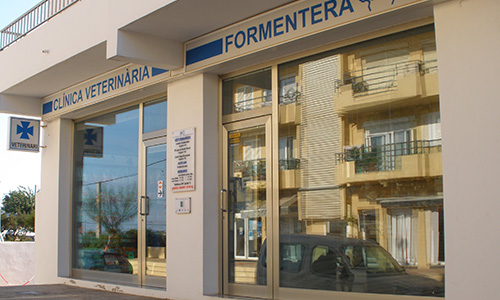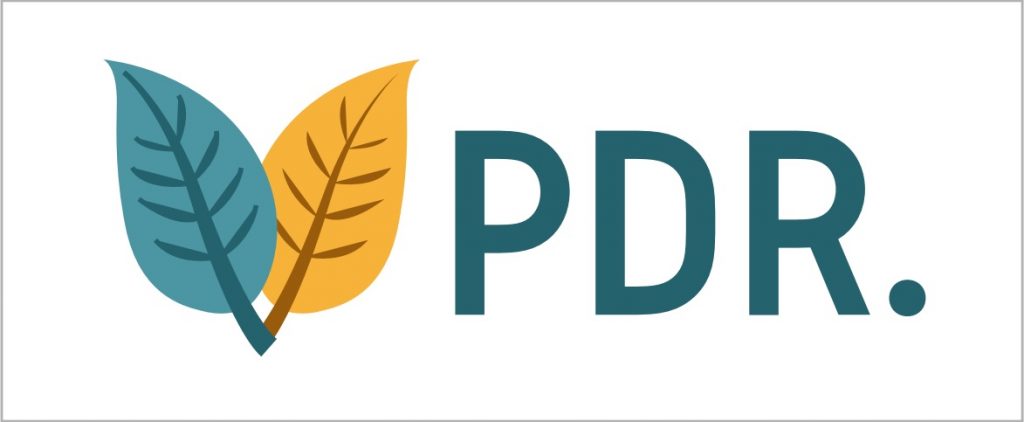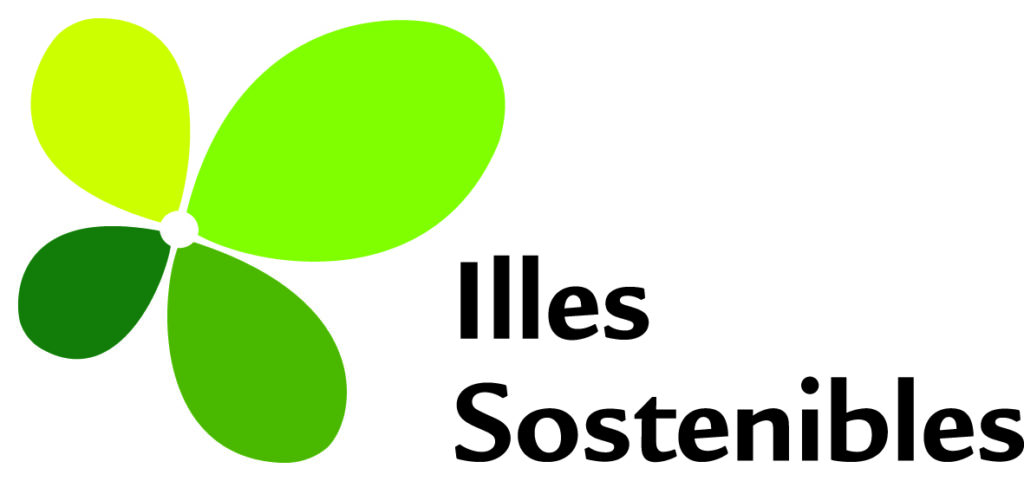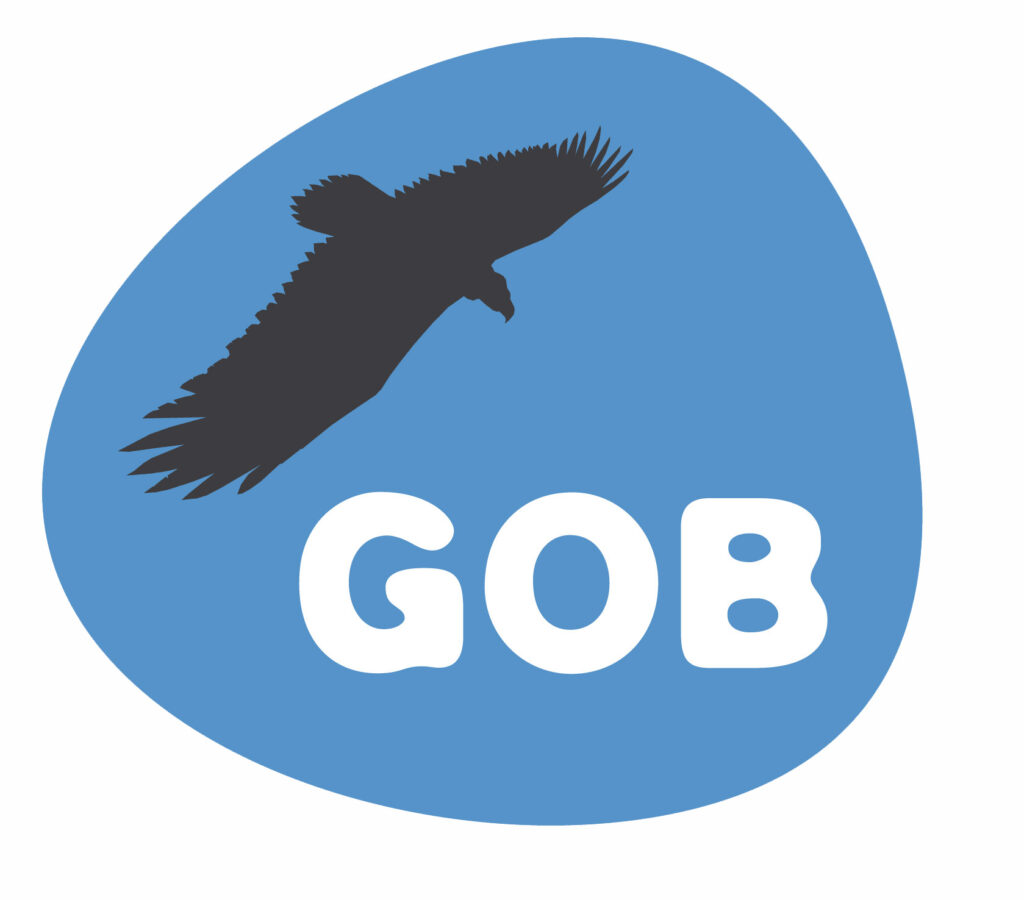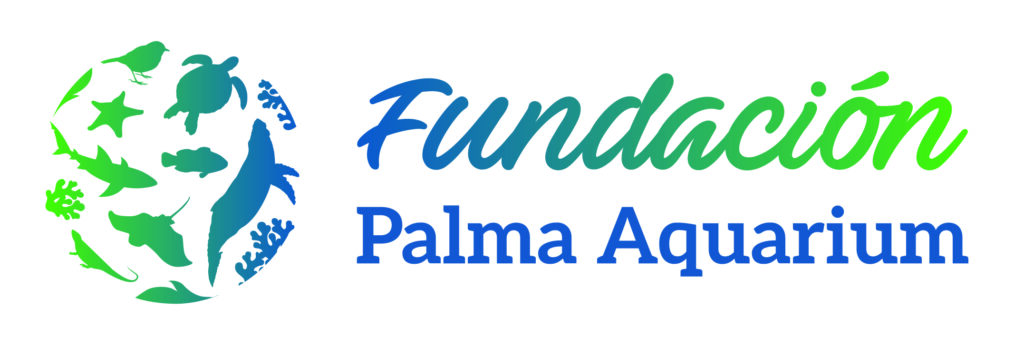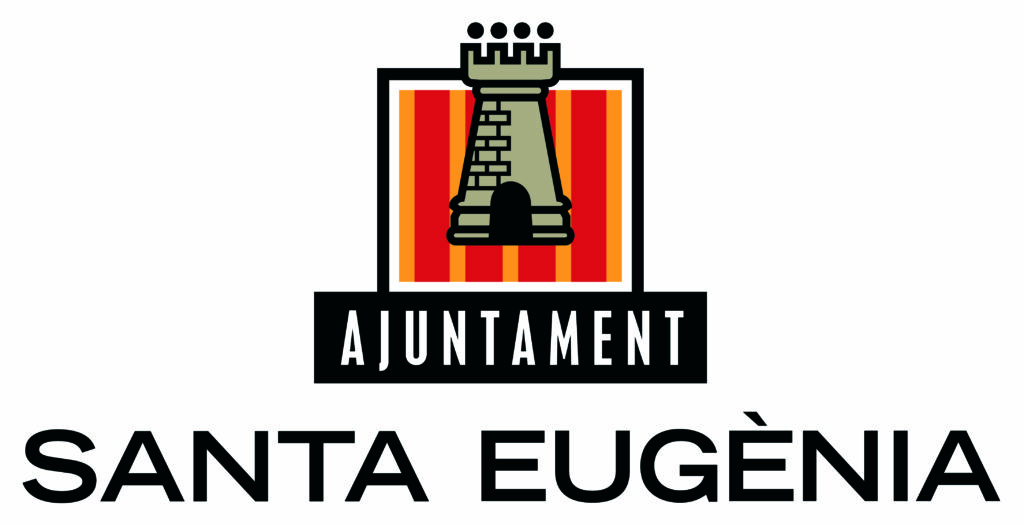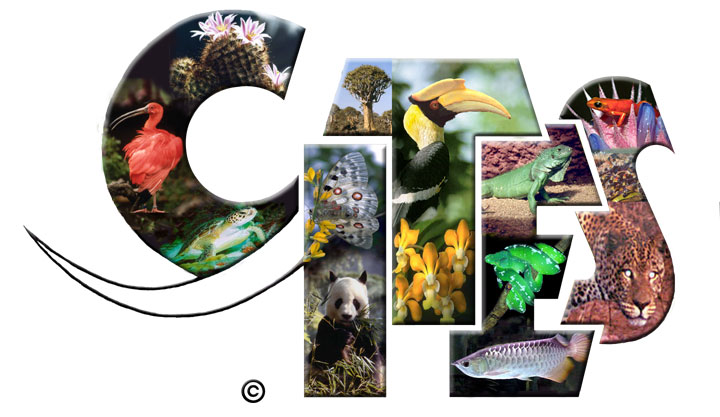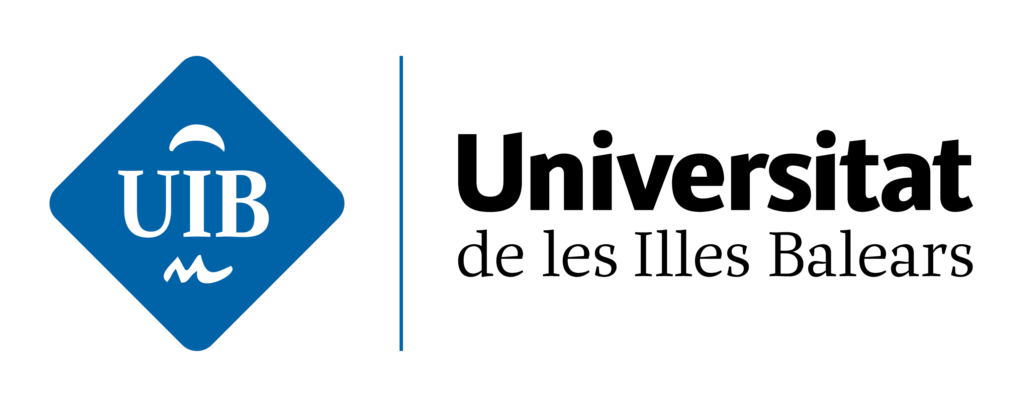The Marine Fauna Department of COFIB was created in 2019 to deal with the new nesting events of sea turtles (Caretta caretta) that took place that same year in the Balearic Islands. Since its creation, it has grown in staff and resources and expanded its areas of action, developing volunteer management programs and environmental education and awareness campaigns. Since 2021, it has also been carrying out a research and monitoring project on elasmobranch populations in the Balearic Islands.
The Marine Fauna Department carries out a large part of its activity at the facilities of IRFAP-LIMIA, the Marine Research and Aquaculture Laboratory belonging to the Conselleria d’Agricultura, Pesca i Medi Natural. The collaboration with this center, located in Port d’Andratx, allows COFIB to have the necessary facilities and resources to carry out its actions related to the marine environment.
NESTING OF SEA TURTLES IN THE BALEARIC ISLANDS
Since its creation, the department has been responsible for coordinating and managing all nesting events that occur in the archipelago, protecting and monitoring the nests, relocating them if necessary, taking some of the eggs to an artificial incubator and coordinating awareness-raising and volunteering activities around these events.
These events are managed with the collaboration of the Environmental Agents, the local administrations involved, volunteers and, occasionally, environmental entities from the area in question.
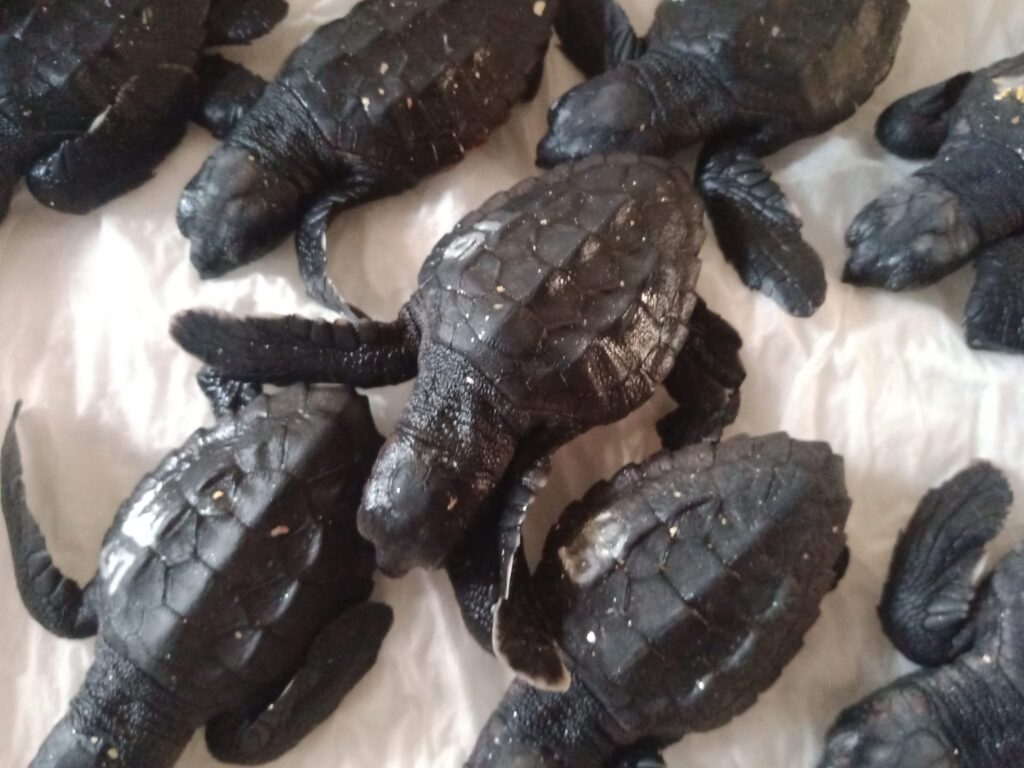
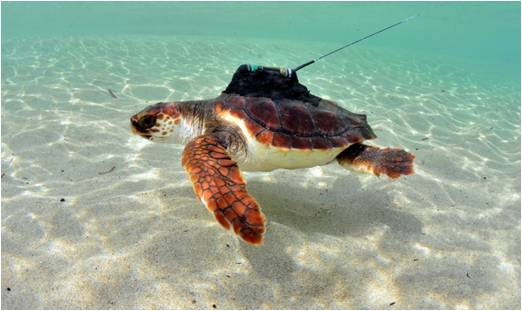
In the Balearic Islands, to date, the following nesting events have been detected:
YEAR 2015:
| DATE | ISLAND | PLACE | EVENT |
| 03/06/2015 | Ibiza | Port de Ses Caletes | Female attempting to nest |
| 04/06/2015 | Ibiza | Santa Eulàlia | Female attempting to nest |
| 05/06/2015 | Ibiza | Santa Eulàlia | Female starts nest but doesn’t lay eggs |
YEAR 2017:
| DATE | ISLAND | PLACE | EVENT |
| June 2017 | Ibiza | Figueretas | Female returning to the sea, no laying |
YEAR 2019:
| DATE | ISLAND | PLACE | EVENT |
| 25/07/2019 | Ibiza | Platja d’en Bossa | Nest with 58 eggs, relocated to Es Cavallet |
| 29/07/2019 | Ibiza | Playa Es Cavallet | Nest with 102 eggs |
YEAR 2020:
| DATE | ISLAND | PLACE | EVENT |
| 19/06/2020 | Menorca | Punta Prima | Nest with 130 eggs, relocated to Sa Mesquida |
| 14/07/2020 | Ibiza | Playa Cala Nova | Nest with 100 eggs, relocated to Es Cavallet |
| 05/09/2020 | Menorca | Cala Pilar | Neonates heading to the sea |
YEAR 2021:
| DATE | ISLAND | PLACE | EVENT |
| 10/07/2021 | Formentera | Playa de Migjorn | Female attempting to nest, no eggs |
YEAR 2022: No nesting events were detected this year.
YEAR 2023:
| DATE | ISLAND | PLACE | EVENT |
| 07/06/2023 | Mallorca | Can Pere Antoni | Nest with 106 eggs |
| 17/07/2023 | Mallorca | Cala Millor | Nest with 81 eggs |
| 10/07/2023 | Ibiza | ES Figueral | Nest with 13 eggs, relocated to incubator |
| 11/07/2023 | Ibiza | Santa Eulàlia | Nest with 92 eggs, relocated to Es Cavallet |
| 16/07/2023 | Mallorca | Cala Tuent | Turtle on beach, no nest |
| 19/07/2023 | Ibiza | Ses Salines | Nest with 117 eggs, relocated to Es Cavallet |
| 07/08/2023 | Mallorca | Cala Tuent | Female attempting to nest, no eggs |
| 10/08/2023 | Mallorca | Cala Domingos | Turtle on the beach without nest evidence |
| 19/10/2023 | Mallorca | Can Pastilla | Discovery of hatched eggs from undetected nest |
YEAR 2024:
| DATE | ISLAND | PLACE | EVENT |
| 14/07/2024 | Mallorca | Na Ferradura | Turtle on beach without nest evidence |
| 22/09/2024 | Mallorca | Can Pastilla | Emergence of neonates from undetected nest |
HEAD STARTING SEA TURTLES PROGRAM
This team is also responsible for coordinating and developing the Head Starting programme for turtles born from nests found in the Balearic Islands, as well as in other autonomous communities in Spain. The main objective of this project is to raise the hatchlings in a controlled manner and, approximately 11 months later, release them into the marine environment. In this way, by entering the sea at a considerably larger size and weight, their conditions are more favourable, increasing their probability of survival and facilitating their development towards adulthood and reproduction.
The Head Starting programme is carried out in close collaboration with other centres, both in the Balearic Islands and on the mainland, sharing the methodology, coordinating actions and even exchanging specimens born in different autonomous communities. In this way, the chances of success of the programme are maximised for all participating centres and more solid scientific results are achieved, which contribute to the useful information available for the conservation of the species.
The collaborating centres for the Head Starting Programme to date have been the Palma Aquarium Foundation (Balearic Islands), the Cabrera National Park Visitor Centre (Balearic Islands), the CRAM (Catalonia), the Oceanogràfic (Valencia) and the Seville Aquarium (Andalusia).
AWARENESS CAMPAIGN FOR THE DETECTION OF SEA TURTLE NESTS
In 2022, the Marine Fauna Department launched an environmental education campaign in connection with nesting events, which has been continued in subsequent summers. The campaign consists of informing citizens of the possibility of encountering sea turtles nesting on our coasts and explaining how to act appropriately, whether they encounter a turtle making a nest, a turtle track or hatchlings emerging from the sand. The main message is to convey to the population the importance of immediately calling 112 and not disturbing the animal or interfering with its activity, remembering that it is a protected species and very valuable to marine ecosystems.
For this purpose, a video was edited, in five different languages, which provides this information in a visual, short and understandable way. With the collaboration of local administrations, stickers with a QR code leading to the video have been distributed, so that they can be displayed on beaches, in tourist establishments and at points of interest, getting the message across to both local and visiting populations.
PROYECT RAJIBAL
Since its creation, the COFIB Marine Fauna Department has been growing in staff and resources to develop different conservation and research projects with endangered marine fauna, and in 2021 it began a project to monitor elasmobranch populations in the Balearic Islands.
The project, called RAJIBAL, consists of studying some species of threatened sharks and rays, which are present in our waters and for which there is not much information available. At the moment, the target species are the manta ray (Gymnura altavela) and the white ray (Rostroraja alba). Through transects with diving and snorkeling equipment, the use of visual tags and acoustic telemetry, seabed surveying with an ROV, collaboration with diving centers and work with the fishing sector, valuable information is being collected on their populations and their distribution areas, which can be very useful for the conservation of these and other species.
The Ministry of Ecological Transition and Demographic Challenge MITECO is responsible for the recovery and management of marine wildlife,
The actions are coordinated with the Balearic Government and COFIB.
Contact
our wildlife recovery centres on each island.
